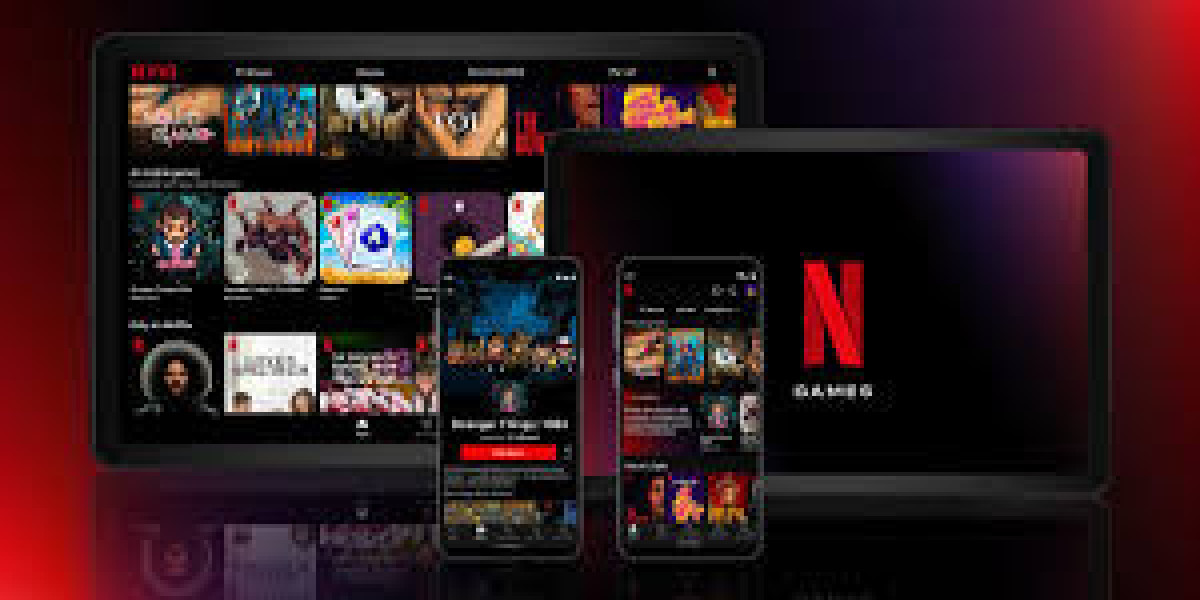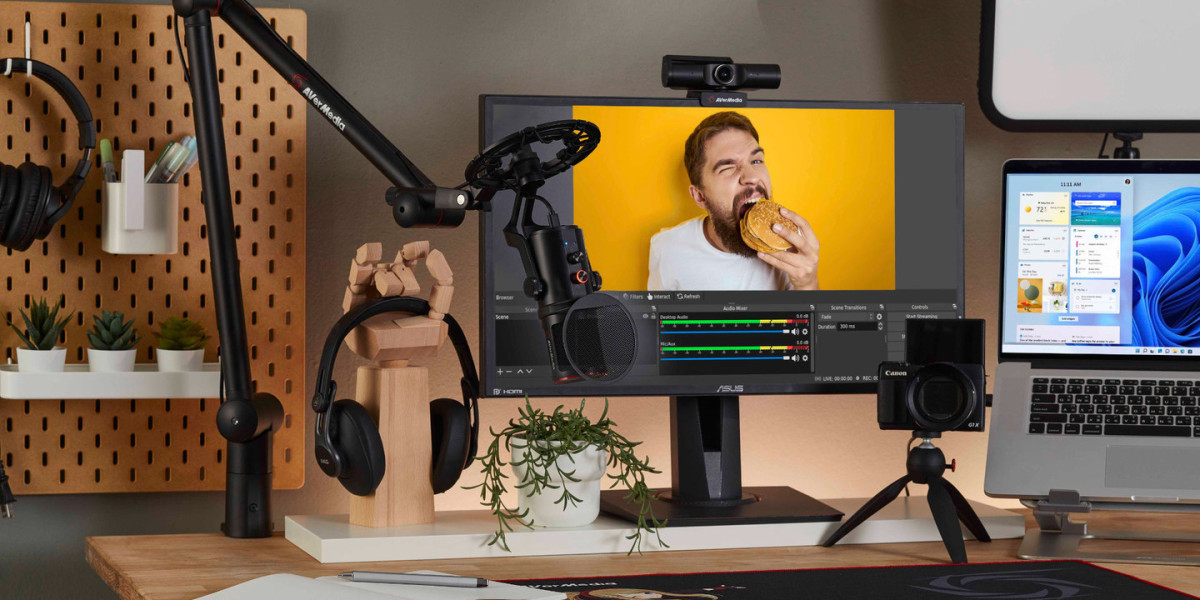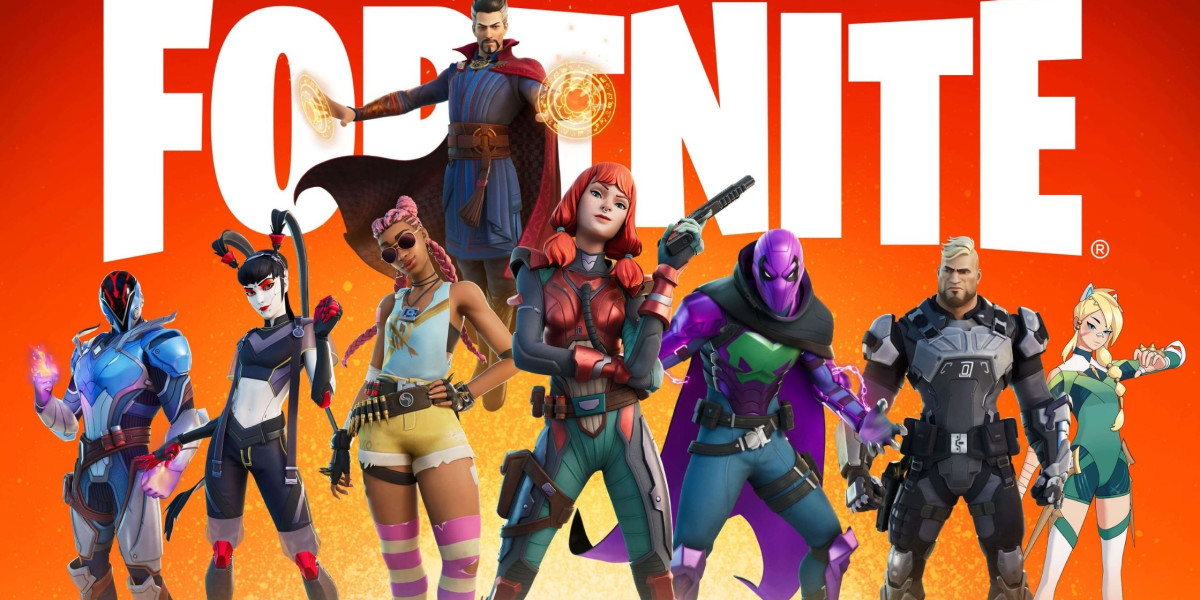Entertainment has always been central to human culture, but the way people enjoy it has changed more in the last 20 years than in the previous century. The digital revolution has made content instant, global, and interactive, redefining the role of traditional media and opening new opportunities for creators and audiences alike.
The Rise of Streaming
The shift from physical media and scheduled television to streaming platforms has been revolutionary. Services like Netflix, Disney+, and Amazon Prime allow viewers to watch what they want, when they want, across any device. This on-demand model has disrupted traditional movie theaters and broadcast TV, pushing studios to adapt quickly.
Streaming has also enabled niche content to thrive. Documentaries, international films, and indie series that once struggled for exposure now reach millions of viewers.
The Power of Social Media
Social media platforms have blurred the lines between audience and creator. Apps like TikTok, Instagram, and YouTube have turned everyday people into entertainers with global audiences. Influencers and content creators now compete with traditional celebrities for attention and brand deals.
This shift has created a new kind of entertainment culture — fast, personal, and interactive. Viewers don’t just consume; they participate by liking, commenting, and sharing.
Gaming as Entertainment
Gaming has also emerged as one of the biggest entertainment industries. Platforms like Twitch and YouTube Gaming allow players to stream to audiences of millions. Competitive eSports tournaments now rival traditional sports in terms of viewership and revenue.
The rise of virtual reality games and augmented reality apps continues to blur the line between digital and physical entertainment.
Challenges for Traditional Media
While digital platforms thrive, traditional entertainment industries face challenges:
Cinemas struggle as audiences prefer home streaming.
TV Networks lose viewership to on-demand platforms.
Music Labels adapt to streaming royalties instead of CD or download sales.
However, these industries are also finding new opportunities by embracing digital distribution and collaborations with online creators.
The Future of Entertainment
Looking ahead, entertainment will likely become even more personalized. Artificial Intelligence is already being used to recommend shows and music tailored to individual tastes. Virtual concerts, interactive films, and immersive VR experiences are pushing the boundaries of what entertainment can be.
The global reach of digital platforms also means cultural exchange is at an all-time high. Korean dramas, Bollywood films, and Latin music are enjoying unprecedented worldwide popularity.
Conclusion
The entertainment industry has entered a golden age of accessibility and creativity. While traditional formats face disruption, the digital landscape offers endless possibilities for both creators and audiences. In this era, entertainment is no longer just about watching; it’s about connecting, sharing, and participating in a global culture of creativity.





